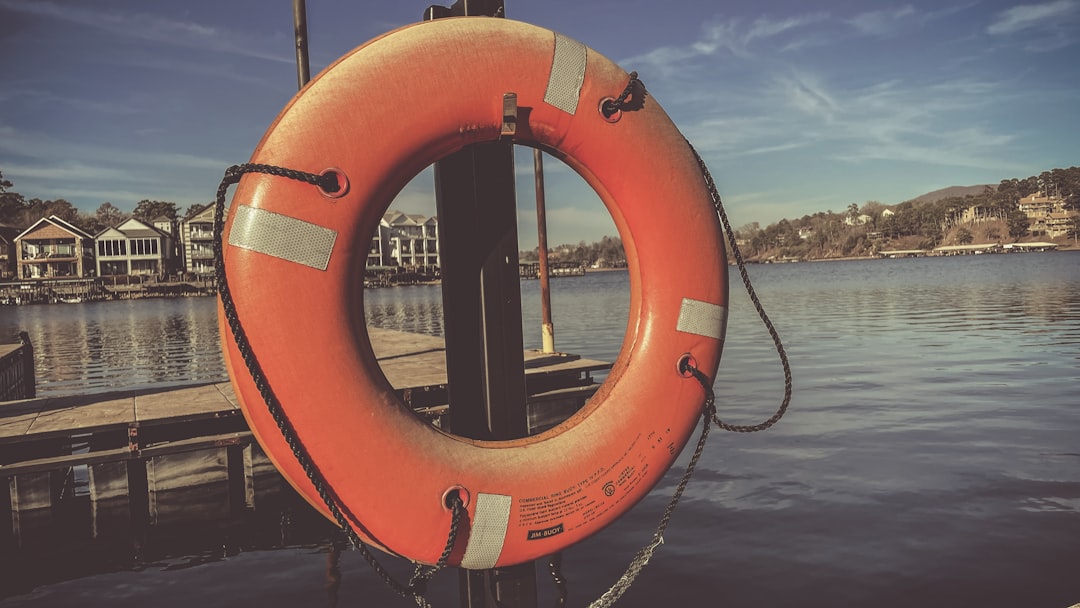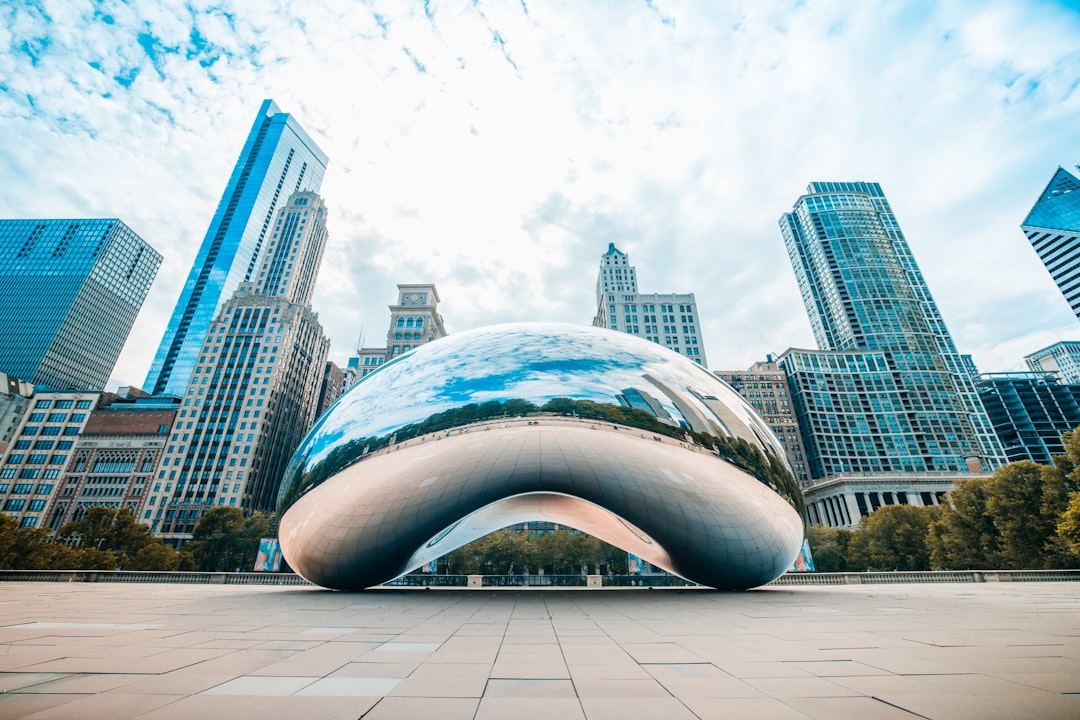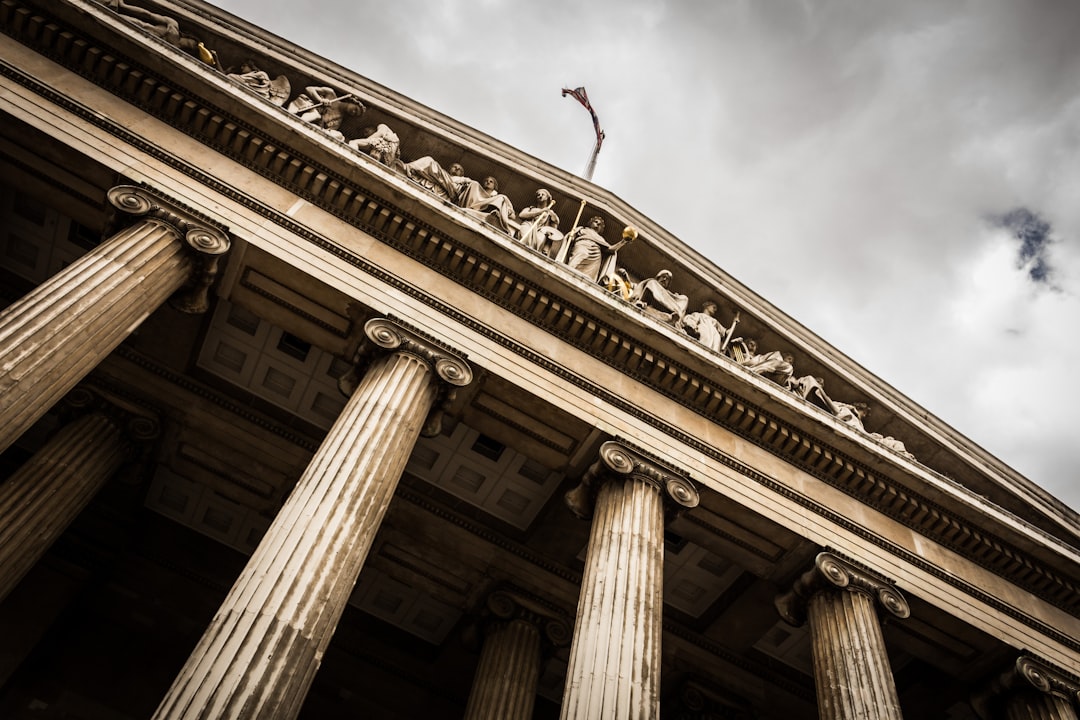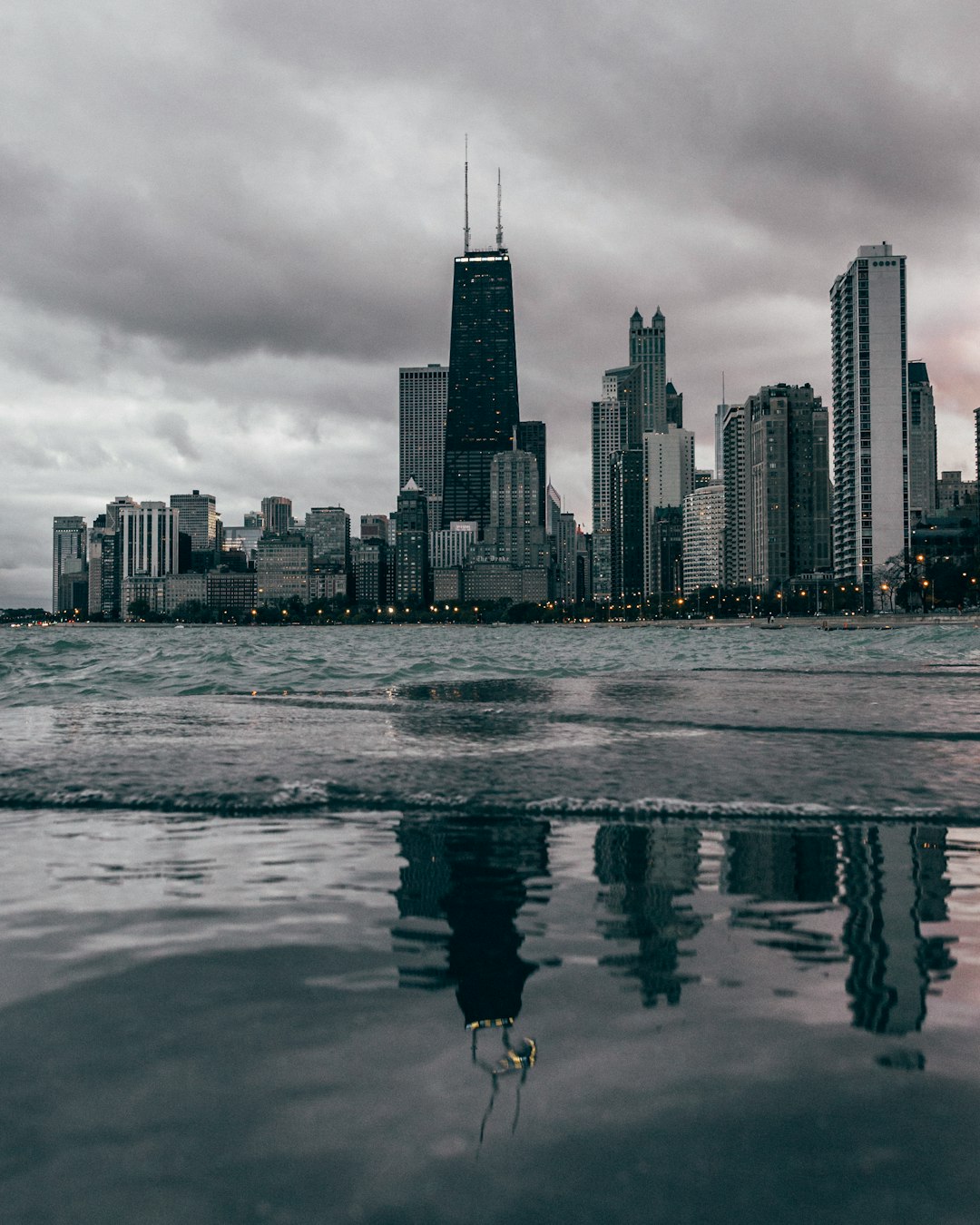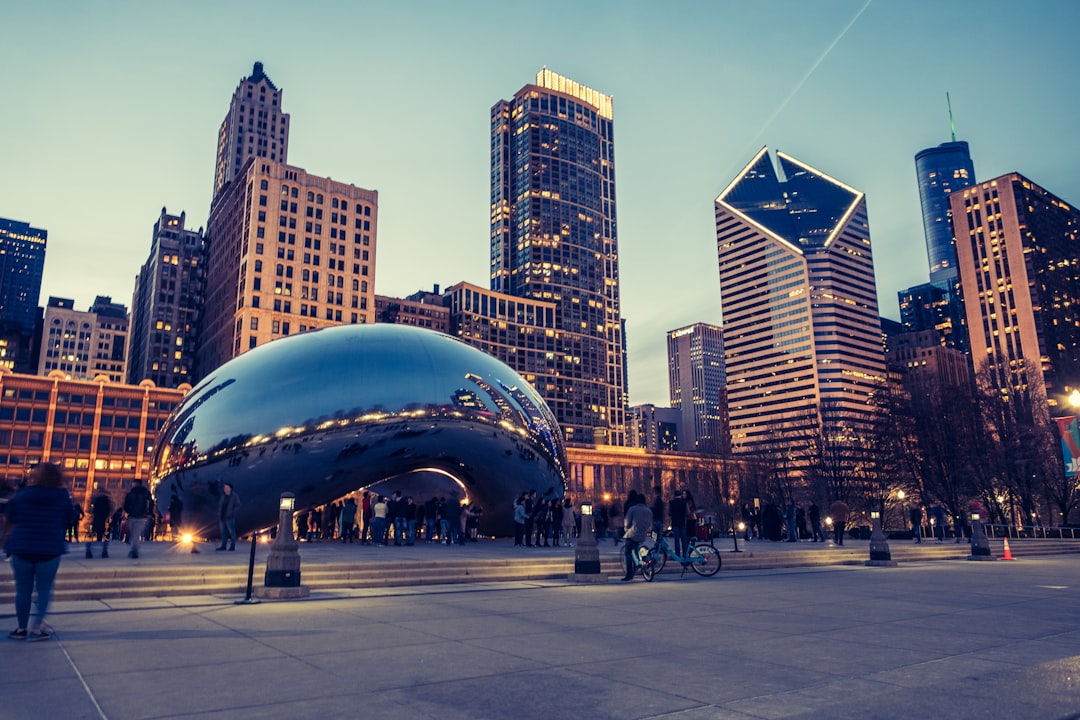Marginalized communities in Arkansas face significant challenges accessing justice for sexual abuse due to limited resources, language barriers, and historical distrust. Specialized sexual abuse lawyers are crucial, offering culturally sensitive support, legal guidance tailored to unique community needs, and breaking down barriers. These attorneys build trust through relationships with community leaders, providing counseling, translation services, and accessibility for vulnerable populations, ultimately advocating for the rights of racial minorities, immigrants, LGBTQ+ individuals, and people with disabilities.
In Arkansas, marginalized communities face unique challenges when it comes to sexual abuse advocacy. This article explores effective strategies for legal representation and alliance-building to address these disparities. We delve into understanding the specific obstacles faced by diverse groups, emphasizing the importance of cultural sensitivity within the legal system. By examining these aspects, we aim to empower sexual abuse lawyers in Arkansas to provide more inclusive and impactful support to vulnerable populations.
Understanding the Unique Challenges Faced by Marginalized Communities in Arkansas

In Arkansas, marginalized communities often encounter unique challenges when it comes to seeking justice and support for sexual abuse cases. These communities, including individuals from diverse racial, ethnic, cultural, or socioeconomic backgrounds, may face barriers such as limited access to legal resources, language difficulties, and a lack of trust in authority figures due to historical experiences of marginalization. For example, Native American tribes in Arkansas have expressed concerns about the underreporting of sexual assaults within their communities due to cultural taboos and a history of mistrust towards law enforcement.
Additionally, LGBTQ+ individuals and those with disabilities may encounter specific challenges related to their identity, making it harder for them to come forward and pursue legal action. A qualified sexual abuse lawyer in Arkansas can play a crucial role in understanding these complexities and advocating for the rights of marginalized survivors. They can provide culturally sensitive support, offer legal guidance tailored to individual needs, and help break down barriers that prevent these communities from accessing justice.
Strategies for Effective Advocacy and Legal Representation
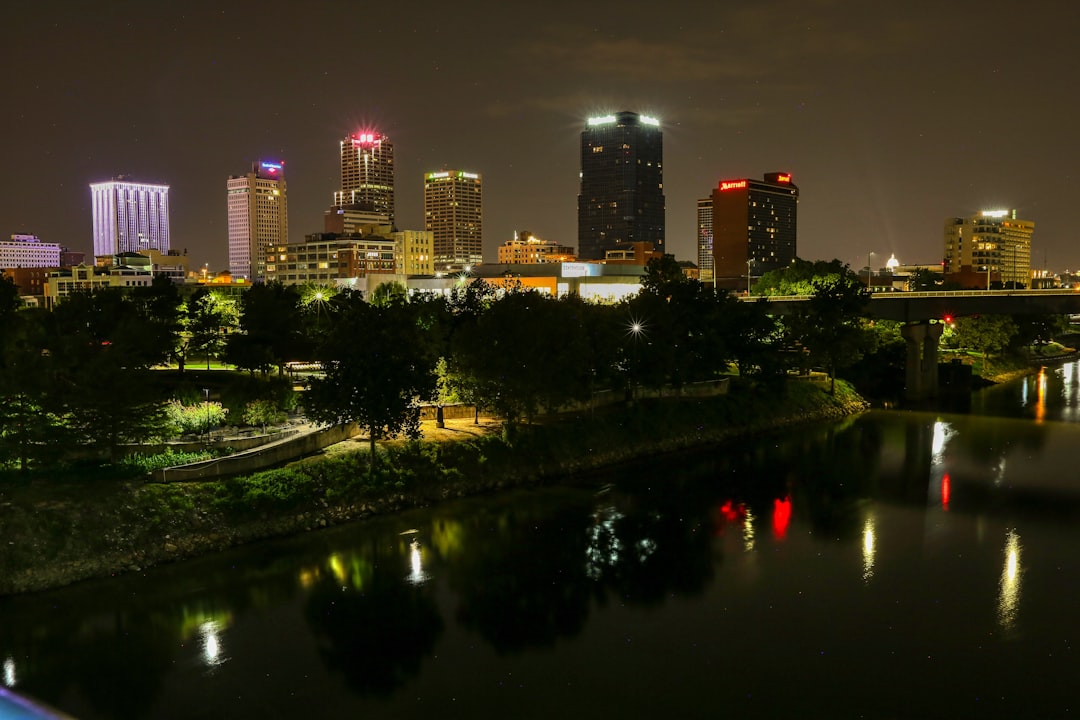
In advocating for marginalized communities affected by sexual abuse in Arkansas, specialized and culturally sensitive approaches are essential. Strategies for effective advocacy include building strong relationships with community leaders and trust within vulnerable populations. This involves understanding the unique cultural nuances and barriers that may exist, such as language differences or specific societal taboos surrounding sexual violence, to ensure inclusive and safe engagement.
Legal representation plays a pivotal role in supporting survivors from marginalized backgrounds. Sexual abuse lawyers in Arkansas should be equipped with knowledge of local laws and cultural competency. They must provide proactive legal aid, tailored to the needs of these communities, including offering culturally appropriate counseling resources, translating services, and ensuring accessibility for individuals with disabilities. Such measures foster trust and encourage survivors to come forward, seeking justice and healing.
Building Alliances and Fostering Cultural Sensitivity within the Legal System

In addressing the needs of marginalized communities in sexual abuse advocacy, building alliances and fostering cultural sensitivity within the legal system is paramount. This involves creating partnerships between legal professionals, community leaders, and grassroots organizations who understand the unique challenges faced by these communities, such as racial minorities, immigrants, and LGBTQ+ individuals. By collaborating, these stakeholders can ensure that legal services are accessible, culturally competent, and tailored to the specific needs of marginalized groups.
Arkansas sexual abuse lawyers play a crucial role in this process by adopting cultural sensitivity training and leveraging their expertise to navigate complex legal landscapes. They must be adept at communicating effectively with clients from diverse backgrounds, understanding implicit biases, and recognizing systemic barriers that prevent access to justice. This holistic approach not only strengthens the advocacy efforts but also fosters trust between marginalized communities and the legal system, ultimately leading to more equitable outcomes for all.
